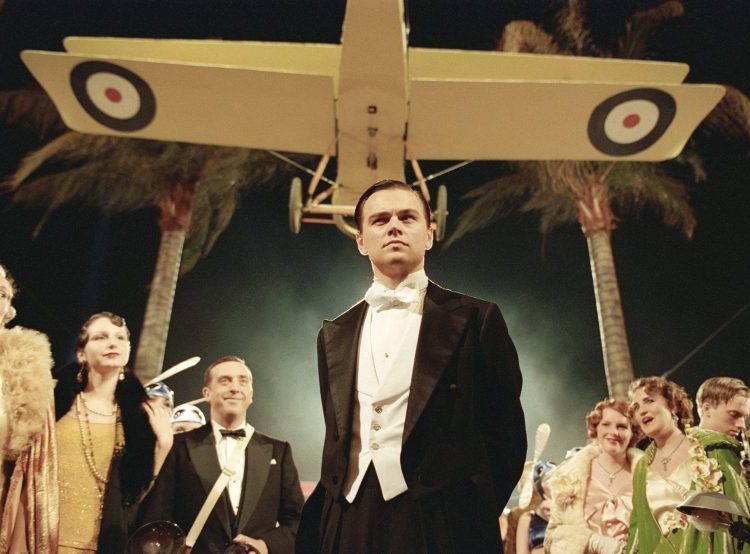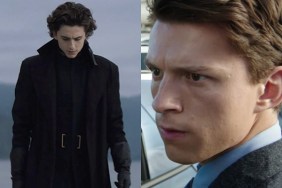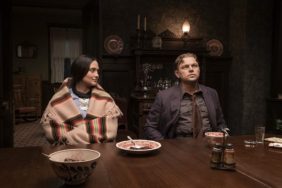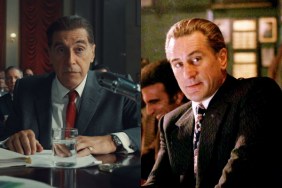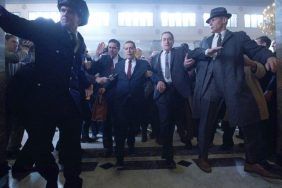Film director Martin Scorsese lit the internet on fire recently when he told Empire that he doesn’t see Marvel movies as art and even compared them to theme parks. “I don’t see them. I tried, you know? But that’s not cinema,” he said. “Honestly, the closest I can think of them, as well made as they are, with actors doing the best they can under the circumstances, is theme parks. It isn’t the cinema of human beings trying to convey emotional, psychological experiences to another human being.” Well, with all due respect to Mr. Scorsese, there are a lot more similarities between his films and comic book movies than he may realize. Here are nine ways these seemingly disparate types of films overlap.
Cover Photo: Miramax
Mob madness: 6 Reasons Scorsese’s ‘The Irishman’ Is the Movie We’ve Been Dying For
Greatest hits: RANKED! 7 Best Martin Scorsese Movies Before ‘The Irishman’
Follow Mandatory on Facebook, Twitter, and Instagram.
Martin Scorsese and Comic Book Movies
-
His films are too long.
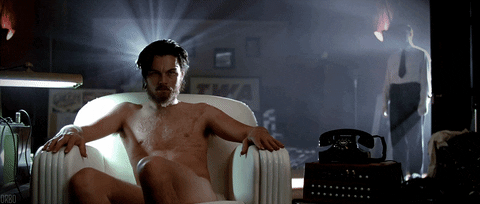
Scorsese and comic book movie directors alike think audiences want to sit on their asses for three hours of entertainment. We have no clue where they got that idea. What’s a guy got to do to get an intermission up in here?
-
His films are hyper-violent.
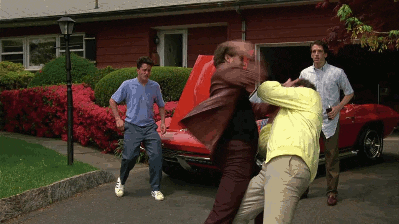
Scorsese films often devolve into a bullet-ridden bloodbath. By the end of his movies, it seems like there are more people dead than alive. While some of the deaths are justified and necessary for the plot to move forward, his depiction of death is no more “artistic” than comic book movies, which also mistake senseless slaughter for entertainment.
-
His films are male-centric.
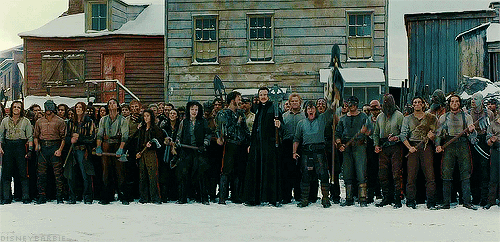
Scorsese is a fan of “his-story,” consistently focusing on the macho male point-of-view. In this respect, Scorsese is actually way behind comic book movies, which have begun to feature strong, smart women front and center. As Meryl Streep once said when asked who she’d like to work with, “I would like Martin Scorsese to be interested in a female character once in a while, but I don’t know if I’ll live that long.” Oof.
-
He loves bad guys.
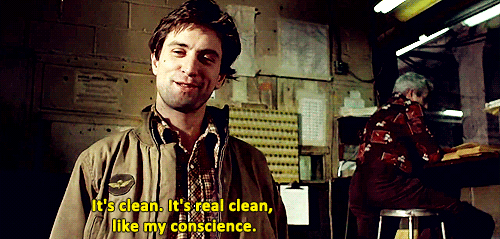
Scorsese is obsessed with morality – or lack thereof. He loves the Mafia, criminals, and corruption. Comic book movies feature plenty of evil-doers, though the good guys ultimately tend to win in those films. In Scorsese’s flicks, nobody wins, because most of them end up dead.
-
Parental loss is a recurring theme.
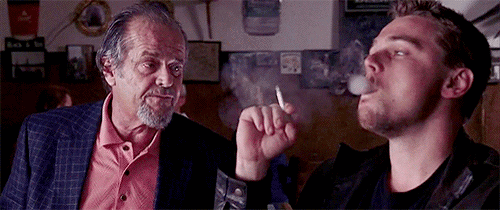
Maybe it’s to spark the audience's empathy, but both Scorsese and comic book movies have a penchant for killing off their protagonists' parent(s). This loner mindset makes the characters vulnerable to malignant influences and poor substitute parental (often father) figures.
-
His films take place in different time periods.
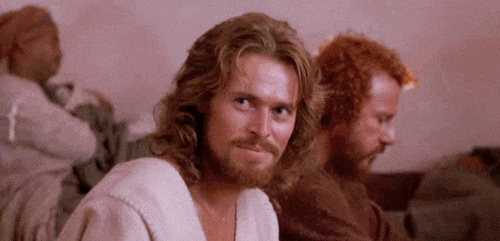
Scorsese is nostalgic for the past. Many of his movies take place in bygone eras, as far back as biblical times. Comic book movies are set in the future, but either way, neither have any interest in the present day or current events.
-
He takes costumes seriously.
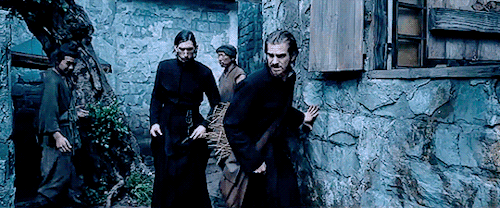
Because so many of Scorsese’s films are period pieces, the wardrobe department must work overtime for his films, not unlike comic book movies where every article of clothing is custom-made.
-
He uses the same actors again and again.
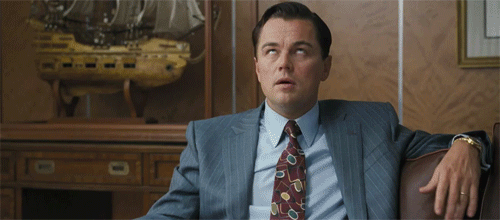
Scorsese is a fan of casting Leonardo DiCaprio, Harvey Keitel, and Robert De Niro in his films. When it comes to comic book movies, Ben Affleck, Chris Evans, and Ryan Reynolds seem to be the favorites, as they've all made multiple appearances in the genre. If it ain't broke, don't fix it, but...repetitive much?
-
We can't stop watching.
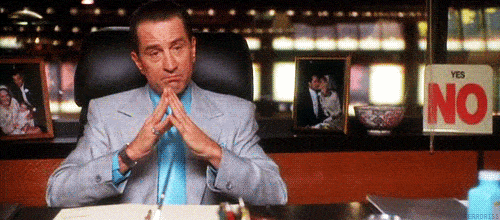
Scorsese's films are just as addictive as comic book movies are. Even when we're less than thrilled with one film, we come back for more. If it makes you happy, it can't be that bad, right?
